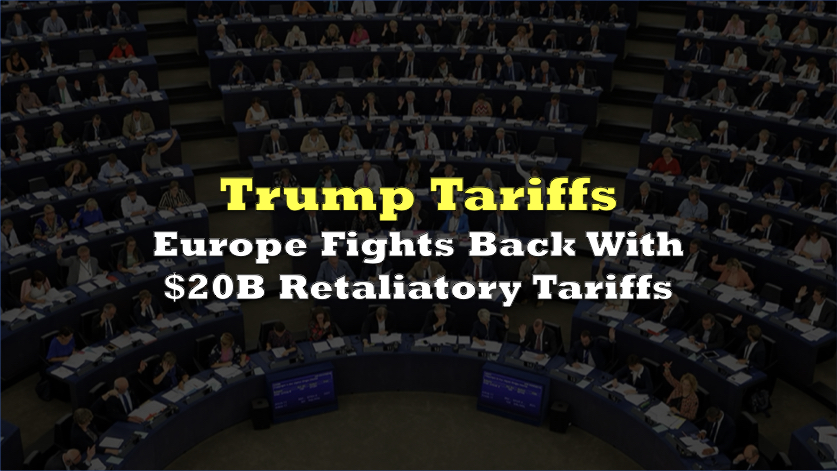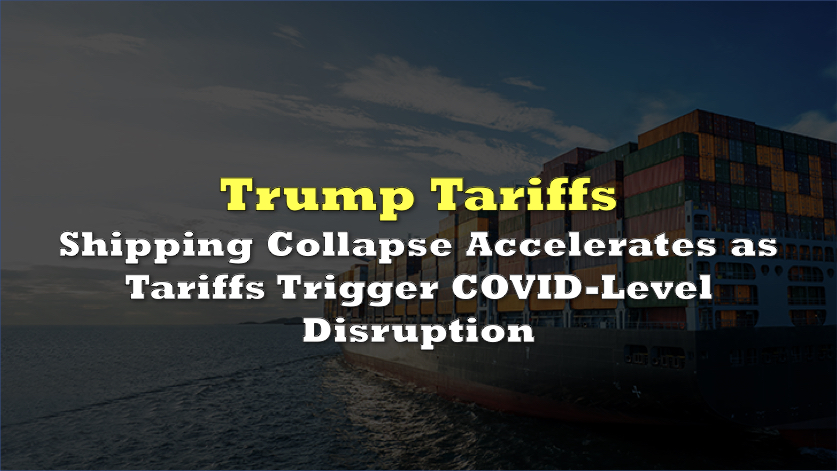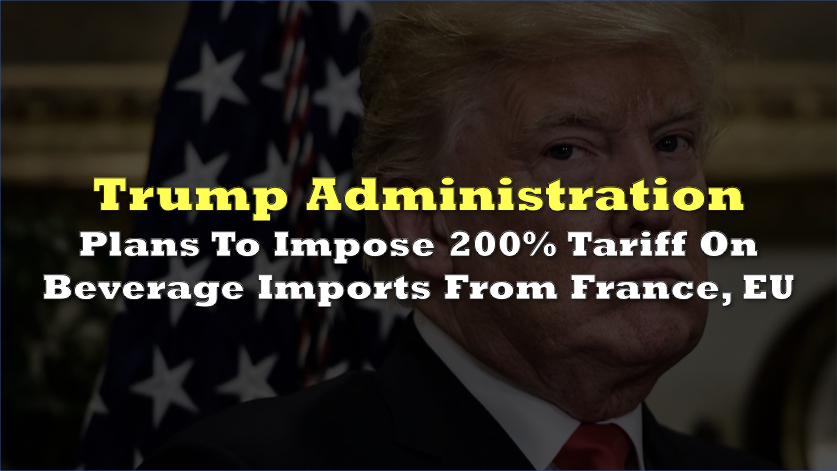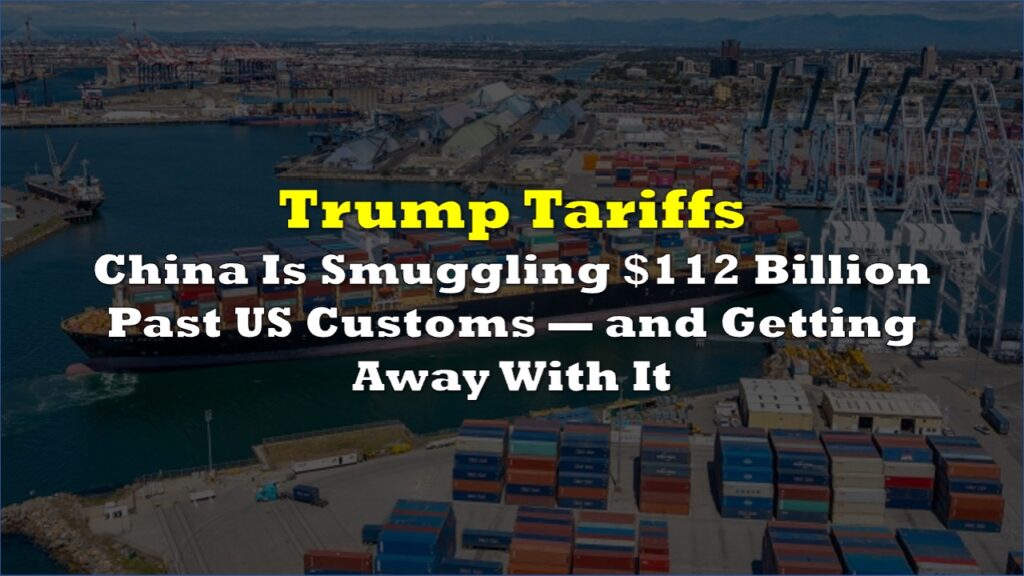The EU confirmed that it will impose retaliatory tariffs on more than $20 billion worth of American goods, in what European officials describe as a direct response to President Donald Trump’s ongoing trade war. The Commission declared that it “considers U.S. tariffs unjustified and damaging, causing economic harm to both sides, as well as the global economy,” signaling the bloc’s strong opposition to recent U.S. measures on steel, aluminum, and other products.
According to sources in Brussels, 25% tariffs will soon apply to various US exports ranging from almonds to yachts, starting with duties collected on April 15 and May 15, with a final batch scheduled for December 1. European policymakers aimed these countermeasures at goods that can be easily replaced by non-US suppliers, but some items were also chosen for their political impact on Republican-leaning states.
All EU member states, except Hungary, voted in favor of the measures. Hungarian Foreign Minister Péter Szijjártó took to social media to criticize the decision and emphasized, “Such measures would cause further damage to [the] European economy and citizens by raising prices. The only way forward is negotiations, not retaliation.”
BREAKING: The European Union has approved a package of countermeasures, including tariffs on more than $20 billion worth of U.S. goods, in response to Trump’s trade war.
— Republicans against Trump (@RpsAgainstTrump) April 9, 2025
The Commission said in a statement that the EU “considers U.S. tariffs unjustified and damaging, causing… pic.twitter.com/AykGYIuej7
The new tariffs follow China’s announcement of an 84% levy on all US goods, up from a previously announced 34%.
EC President Ursula von der Leyen revealed that a “zero-for-zero” trade deal has been offered to the White House, a proposal initially floated back in 2018 to remove tariffs on both sides altogether. Recent remarks by billionaire businessman and Trump adviser Elon Musk have also hinted at support for a deal that eliminates tariffs.
However, observers remain divided over whether the Trump administration is using tariffs solely as a negotiating tactic or as a longer-term strategy to reshape American industry.
Information for this story was found via The Guardian and the sources and companies mentioned. The author has no securities or affiliations related to the organizations discussed. Not a recommendation to buy or sell. Always do additional research and consult a professional before purchasing a security. The author holds no licenses.









